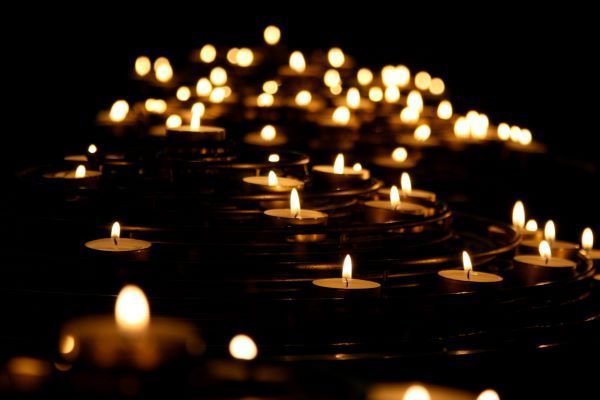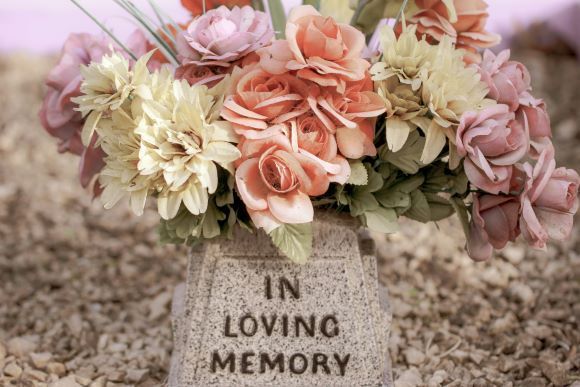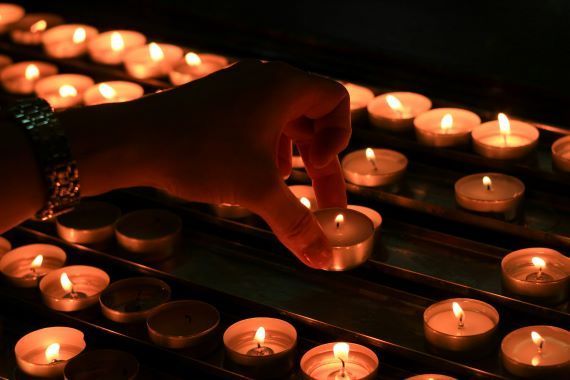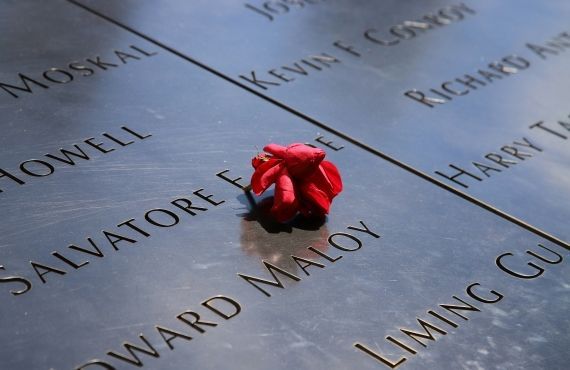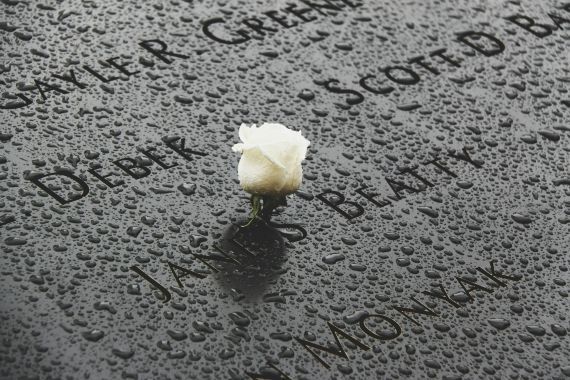163 Main St.
Pennsburg, PA 18073
Fax: 215-679-5782
All About Funeral Executors
Funeral executors can make decisions for the deceased. This is an important step to figure out before your loved one passes away. Contact our team for advice.
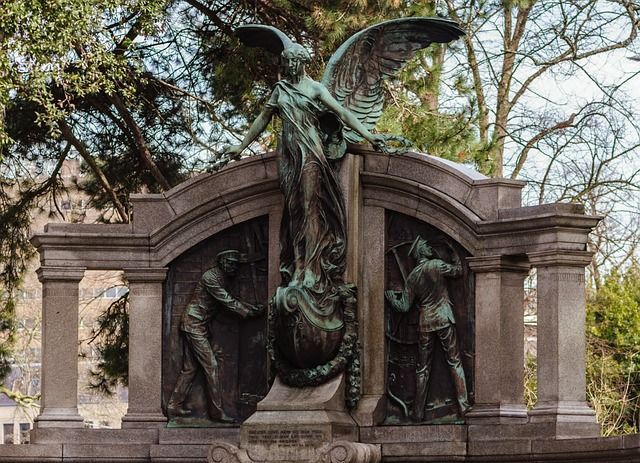
For most people, the funeral and cremation services Bethlehem, PA, terms like executors, guardians, and POAs may seem unknown. But these persons play a key role in honoring the last services of the deceased.
Understanding these terms become even more important if you are planning to arrange a funeral service for a loved one. In this article, we aim to break down the roles and duties of each of these three that will help you differentiate the authority each one has in a person’s death.
What are Funeral Executors
An executor is a person who has been legally tasked to manage the estate within the terms of the deceased’s will and to protect the assets of the estate. Mostly, their role is limited to handling the financial aspects such as
- Locating and distributing the deceased’s property
- Probating the will
- Clearing out the outstanding bills (including the funeral bill)
- Opening an estate checking account
- Filing the required tax reforms, and so on.
And their job effectively ends after finishing the required paperwork for the estate and disbursing any remaining inheritances to the next-of-kin and/or other named persons or groups
He or she has no authority to control the final disposition or other funeral-related matters – until their responsibilities are mentioned in the will. And mostly, they inform the funeral director about the deceased’s Will about the type of final services. Other than that, he has no say in other affairs.
What are Funeral Guardians
A guardian is a person who has legal control over the personal and financial matters of a person who is deemed unfit or unable to make such decisions. A guardian is mostly the child or the spouse of the person but the probate court can appoint anyone that it believes will act in the best interests of “the ward.”
If there’s no kin of a person, the court appoints a public guardian to make the funeral arrangements for the deceased.
A guardian may or may not have a say over the final disposition of the deceased and it’s decided by the probate court. The decision varies from case to case and is put in writing in the guardianship papers.
What are People Holding Power of Attorney (Attorney-in-Fact)
A Power of Attorney isn’t a person; it’s a legal document in which a person (the Principal) authorizes another individual (the attorney-in-fact) to make necessary arrangements on their behalf after they die.
Often, the person must present the actual document to invoke the power. Remember that the attorney-in-fact isn’t sanctioned to make funeral arrangements for another person on the Principal’s behalf such as a child or a spouse, as outlined in the Right to Control Law of the States. He/she can only plan funeral services for the Principal.
Mostly, these powers relate to legal and financial matters linked with funeral arrangements and are valid only until the “Principal” is alive. Thus, the legal authority of a POA ends effectively ends when the person who authorizes them dies.
Hopefully, you have now a basic idea about Executors, Guardians, and POAs and what duties they serve for cremation services Bethlehem, PA.

